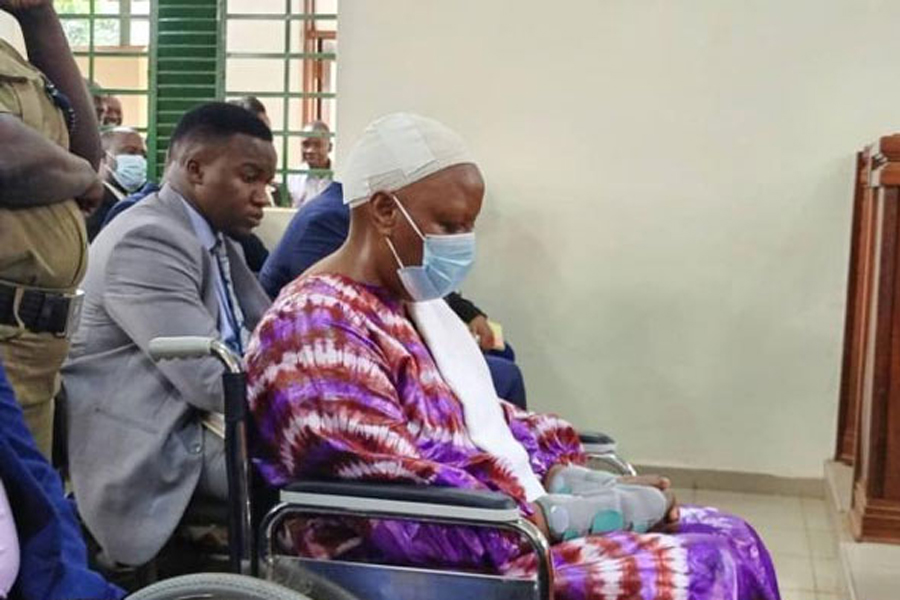Riding Without Helmets: A Deadly Gamble on Uganda’s Roads

In a where motorcycles, known locally as "boda bodas," are a primary mode of transport, the sight of helmetless riders and passengers is alarmingly common. Despite the clear benefits and legal requirements, the improper use of helmets continues to endanger lives on Uganda's roads.
Many riders and passengers find helmets uncomfortable, especially in Uganda’s hot climate. Helmets can feel heavy and sweaty, making short trips particularly bothersome.
Keep Reading
Quality helmets can be expensive, and some riders opt for cheaper, substandard versions or forego helmets altogether to save money.
There is a general lack of awareness about the importance of helmets. Many people underestimate the risks of riding without one, or they believe that accidents are unlikely to happen to them.
Although wearing helmets is legally required, enforcement is often lax. Riders are rarely penalized, which diminishes the perceived importance of compliance.
Helmets are designed to protect the head during collisions. Without one, riders are at a much higher risk of traumatic brain injuries, skull fractures, and other severe head injuries.
According to the World Health Organization, helmet use can reduce the risk of fatal injuries by 42%. Riders without helmets are significantly more likely to die in accidents. Head injuries often result in prolonged medical treatment, rehabilitation, and, in severe cases, lifelong disability. This can impose a heavy financial burden on victims and their families.
Helmets have an outer shell that disperses impact energy, while the inner foam layer absorbs the shock, protecting the skull and brain.
The tough outer shell prevents sharp objects from penetrating the skull.
Helmets can reduce the risk of neck injuries by providing stability and reducing the whiplash effect during a crash.
Educating the public on the importance of helmet use through media, community outreach, and school programs can help change attitudes. Subsidizing the cost of quality helmets or providing them for free can ensure more people have access to proper safety gear. Consistent enforcement of helmet laws, coupled with fines for non-compliance, can encourage more riders to wear helmets.
The improper use of helmets among motorcyclists and passengers in Uganda remains a critical safety issue. While the challenges are significant, they are not insurmountable. Through a combination of education, affordable access to helmets, and stricter enforcement of laws, the number of fatalities and serious injuries on Uganda’s roads can be drastically reduced. Helmets save lives – it's time to make their use universal.




















